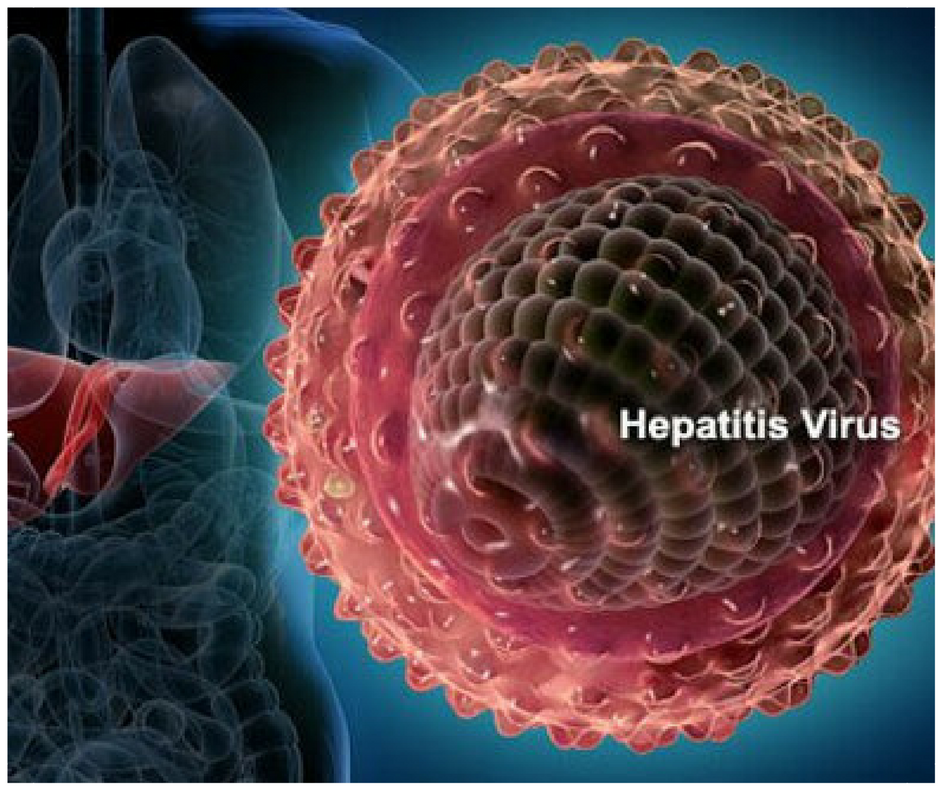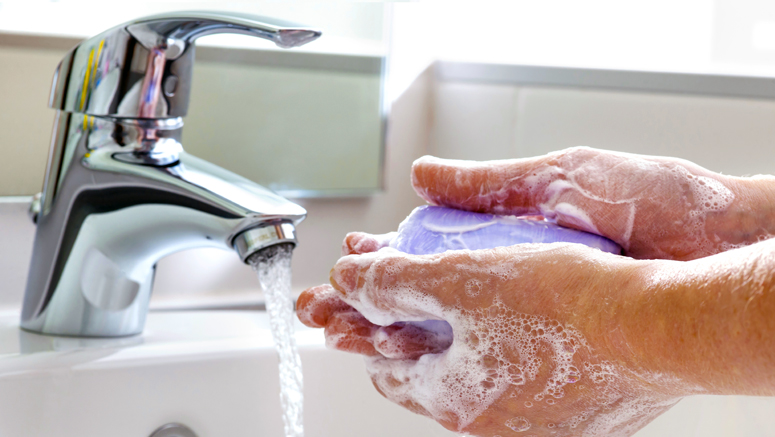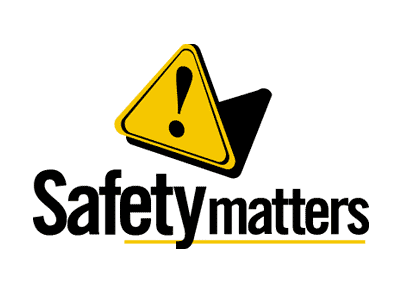Things to Consider When Hiring an Infection Control Consultant
Certification – is the Consultant certified in Infection Control? The Certification Board of Infection Control offers the only credential for Infection Preventionists, which is CIC. The Organization for Safety, Asepsis, and Prevention is working on creating a credential for dental infection control, although there doesn’t...









